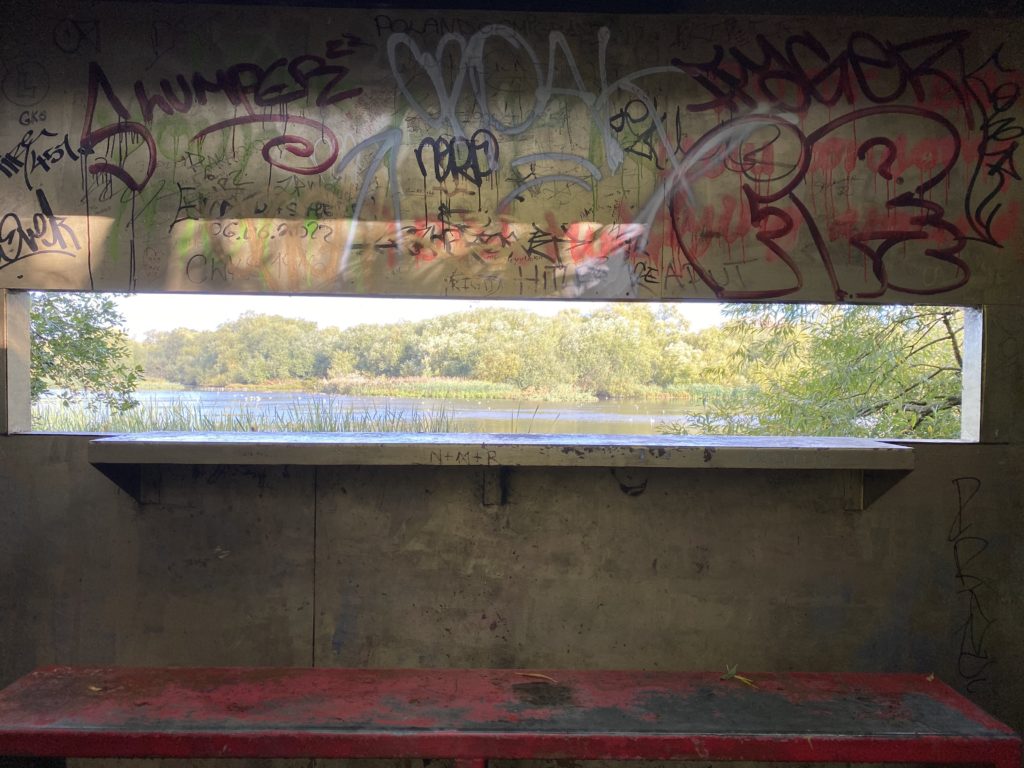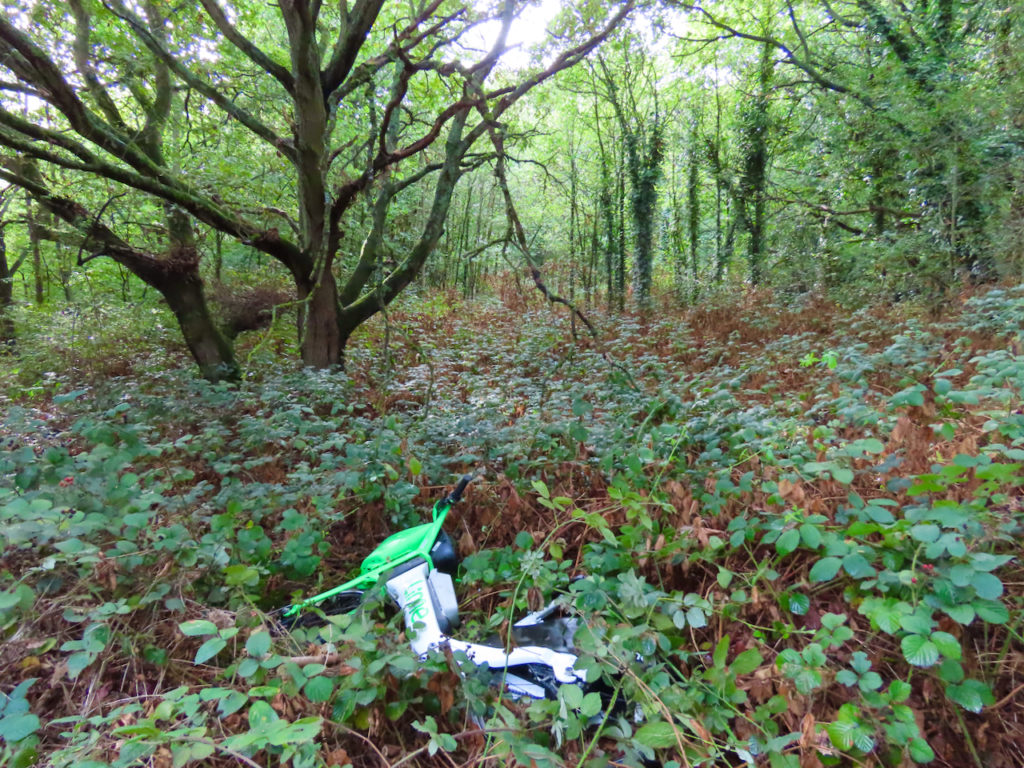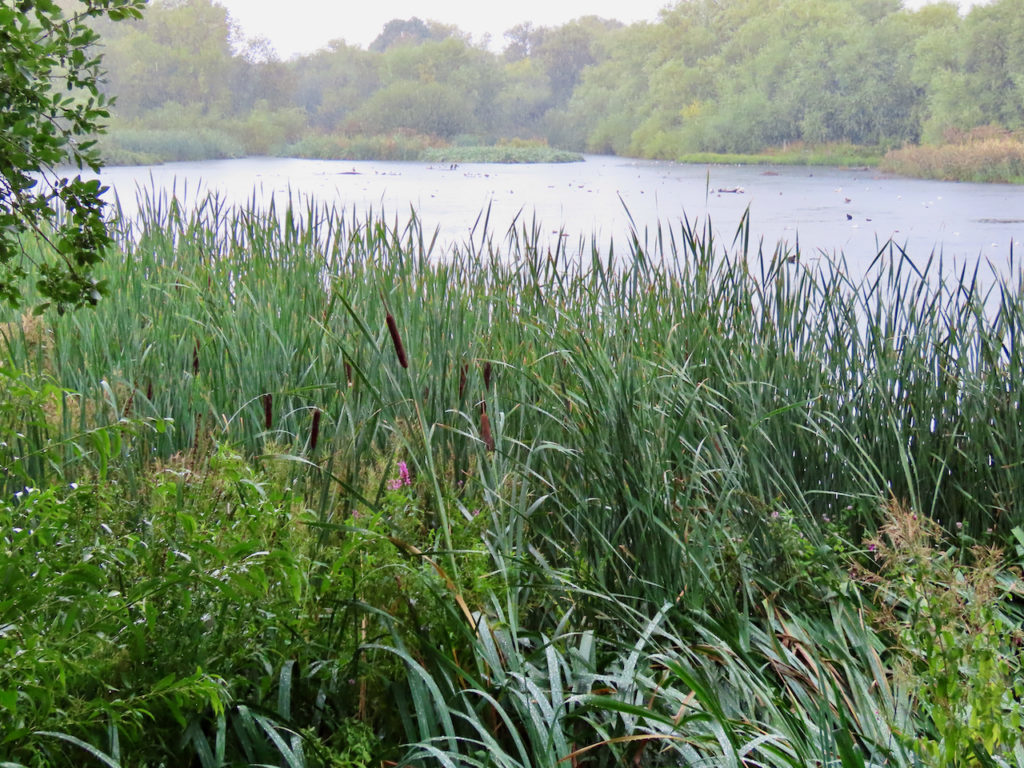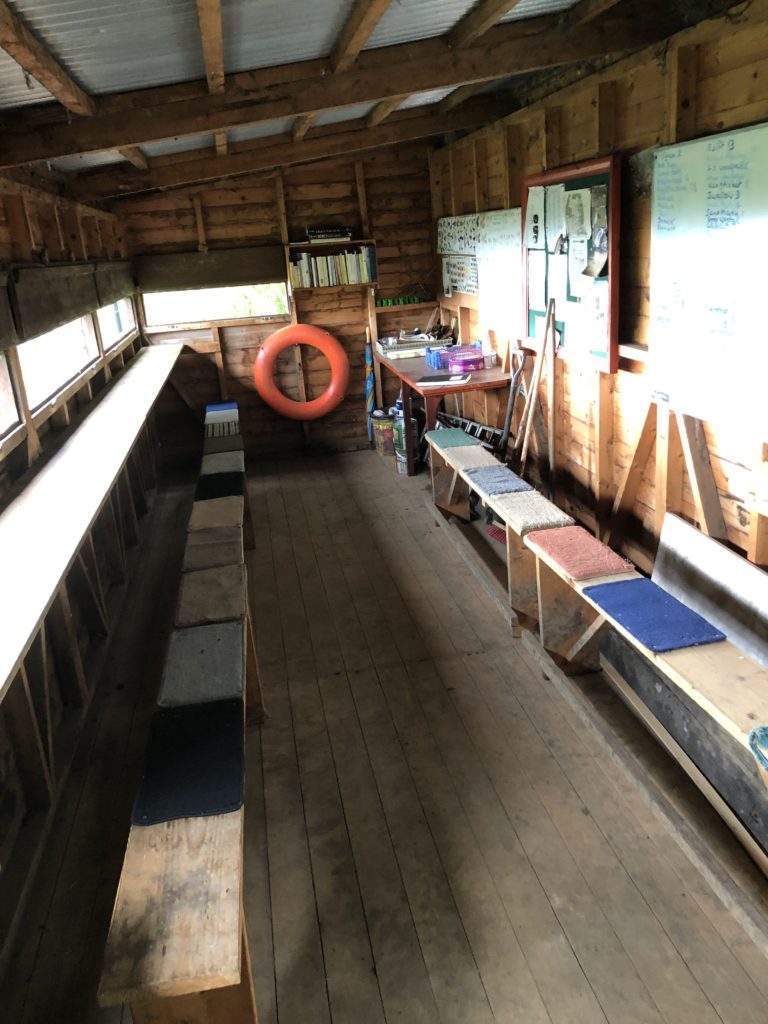Stuttering September: Ben Watt’s latest diary for Caught by the River — a personal monthly take on Cool Oak’s urban eco-campaign — starts with a bang, and ends with a new vision for Brent Reservoir.

Stuttering September. The month at Brent Reservoir (Welsh Harp) started with a bang. The annual autumn bird count took place over the first weekend, for which a cluster of dedicated birders trawls the reservoir and the open space — all 69 hectares — from dawn till dusk, hoping for a sighting of everything from a robin and an ‘up late’ tawny owl to a rare visiting wader. At the end of the afternoon the tally had reached seventy-nine different species, equalling the site record. There was much congratulation all round, and a full white-board of sightings dominated the main bird hide.
In spite of the success, it didn’t hide the fact that precious few waders have been seen on the mud flats this year. The snipe are returning, a dunlin dropped in, there is the usual smattering of lapwing and sandpipers, but I keep asking where are the rest. Is it a regional thing this year? A national one? Or is it site-specific and leads back to the nagging issue of contamination and pollution of the feeding grounds and slowly dwindling numbers.
With few new birds around I find I’m distracted on my walks by the secret other life of the Welsh Harp. The life after dark when the walkers and the joggers and the birders have gone home. Cider cans, roaches and corner-shop plastic bags in the north marsh public hide. A supermarket trolley upended on the viewing platform, even though it is at least a mile to the nearest supermarket. Discarded Lime bikes with the guts removed under the trees. The ashes of improvised fire pits.

I find myself worrying our campaign has lost momentum. Barnet Labour have gone quiet with a hefty inbox to deal with since their May victory. Canal and River Trust seem permanently overstretched. The Welsh Harp ‘Vision’ — the big commissioned report outlining the future plans for the place — is delayed. My meetings are rescheduled, phone calls skipped. It feels like we got everyone’s attention last year, but I guess we can’t expect it all the time. Meanwhile the invasive plants grow taller, the reeds grow thicker, plastics surface on the marshes, the willow colonises in vacated ground. And it all feels like nature is speeding up but we have slowed down. Welcome to environmental campaigning, someone says.

I focus on the small victories. Local green volunteering continues to grow for our campaign partners, Friends of the Welsh Harp, as — by all reports — it is doing nationally. Sick of sewage-strewn rivers and littered local parks, people want to help, and finding enough ecologists to guide them is becoming a fresh challenge. New nesting islands funded last year should be arriving on site soon, and I spend an afternoon earmarking the best locations. And a group of us decides to spring-clean the main hide, home of the longstanding Welsh Harp Conservation Group. I say spring-clean. I actually mean clean — for the first time in thirty years. Including the carpet — witness to a thousand pairs of walking boots, sandwich crumbs and god knows what else. Let’s just say I’ve never seen anything like it. A dust storm worthy of Mars envelops everything for several hours, but by late afternoon I’ve finally removed my FFP2 face-mask and we have clean floorboards, new seat cushions and even a donated bookcase. A fresh coat of wood preserver has gone on the outside, and the president’s antique skateboard — an emblem of youthful, eccentric birding if ever I saw one — is rescued from a pile of junk and hung on the wall.

As the month draws to a close, I catch Canal and River Trust’s key environment guy on the phone. He’s in a windswept underpass in Milton Keynes between site visits. He tells me the new Vision for Welsh Harp will be published imminently. And that a lot of our ideas are contained in it. I feel a small surge of pride. He said he has high hopes it will stimulate a major funding partner to come on board for a serious new programme of works. We talk about money for dredging the polluted deltas, an automated trash screen on the River Brent, moving silt, removing debris, creating new habitats, and new composition data analysis of the reservoir sediment to go with the geographic mapping of the water depths done last year. Things feel positive again as I hang up. Next year could be another leap forward.
I message an ally at Barnet Council, now at the heart of of the new Labour-led administration to see if she knows any more. She is also in transit. How’s life in the fast lane, I ask. Fast, she replies.
And I think how we all travel at different speeds. And when things seem slow, actually they are moving quiet fast out of sight. And I remind myself how far we have come.
*
Ben Watt is a musician and writer, best known as one half of Everything But The Girl. His memoir ‘Romany and Tom’, about his parents, was nominated for the Samuel Johnson (Baillie Gifford) Prize. He runs Buzzin’ Fly Records, and in 2021 founded environmental pressure group Cool Oak.